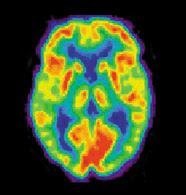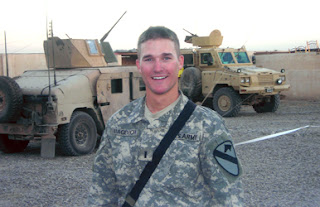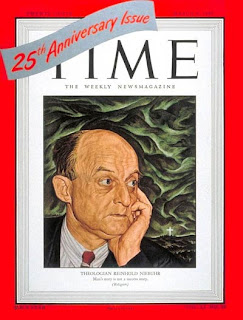Climate change and the G8

President Bush announced a proposal for climate change in response to criticism that the United States was largely adopting a "Just Say No" approach to Climate Change. President Bush's announcement today, however, was a huge disappointment. He called for a summit of the United States and other nations that emit greenhouse gases with the goal of setting a long-term global strategy for reducing emissions. Too little. Too late. Bush's proposal simply postpones the real hard work on Climate Change. And, as you can see from the graphic to the left, U.S. carbon emissions have gotten worse, not better, since Bush became President. The Economist has a good analysis of the Climate change debate as we come closer to the G8 conference: The new American initiative seems an admission that its previous strategy has failed. At a conference in Laos in 2005 it recruited Australia, China, India, Japan and South Korea to an outfit with that approach, called the Asia-Pacific Partnershi...












